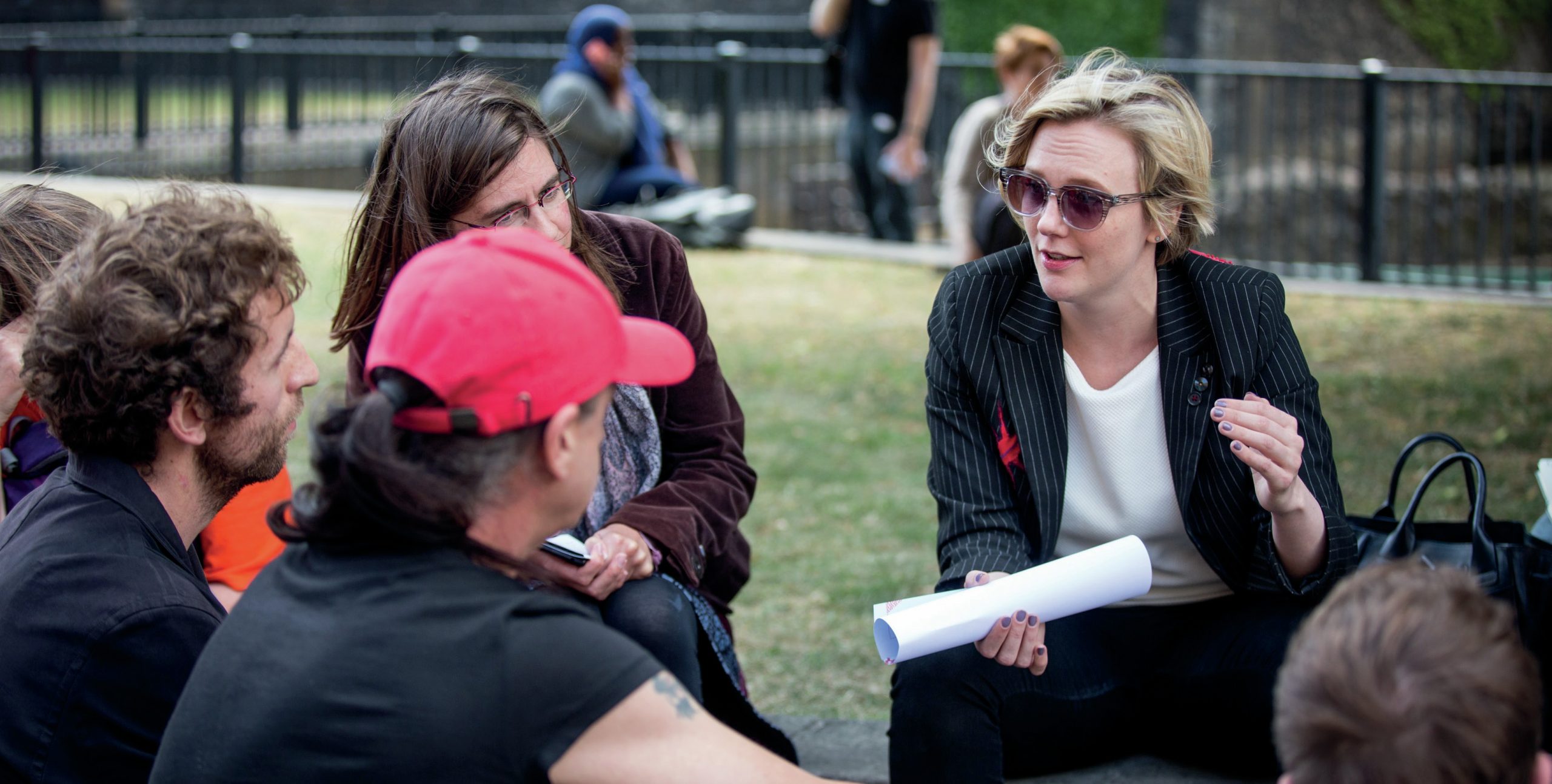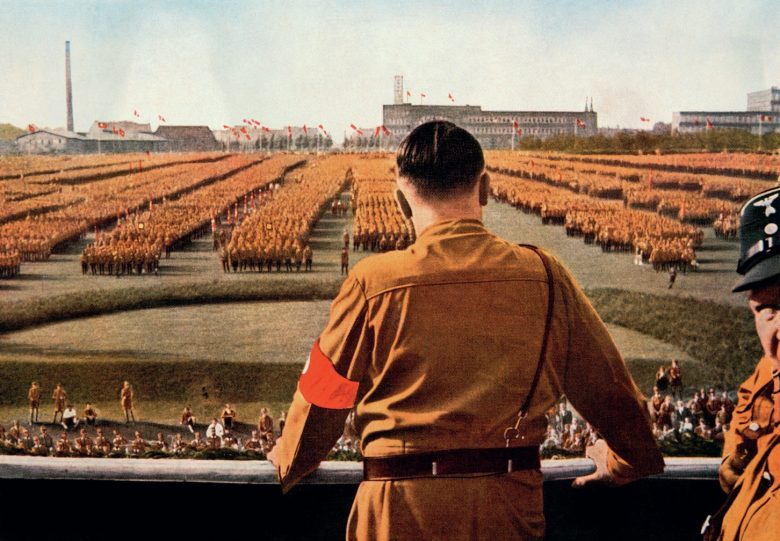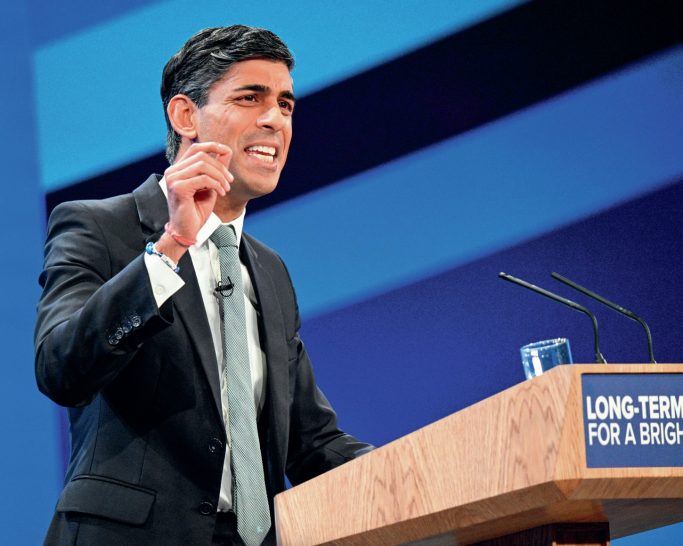
In the UK we have party democracy rather than representative democracy. The difference is subtle but critical to understanding how democracy in the UK works. Our representatives at the national level, MPs, are elected as individuals but in the overwhelming majority of cases they stand for election on behalf of a political party.
Political parties were first formally recognised in the British constitution in the late twentieth century. The essential but partially obscured role that parties have historically played in delivering democratic accountability creates tensions between different conceptions of how political representation occurs. From one perspective, political representation defines a relationship between the voter and the elected representative as an individual, but in Britain it is perhaps more realistic to imagine a triadic structure of political representation between the voter, political party and MP. In order to explore these tensions more fully we must consider what political representation might involve.
Your organisation does not have access to this article.
Sign up today to give your students the edge they need to achieve their best grades with subject expertise
Subscribe




